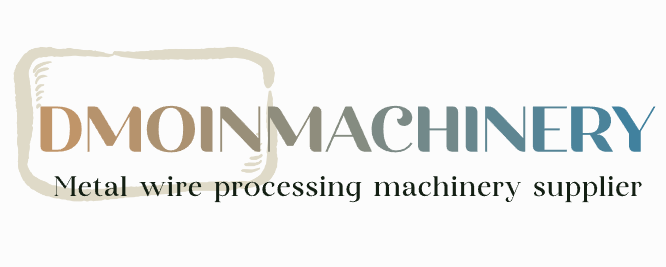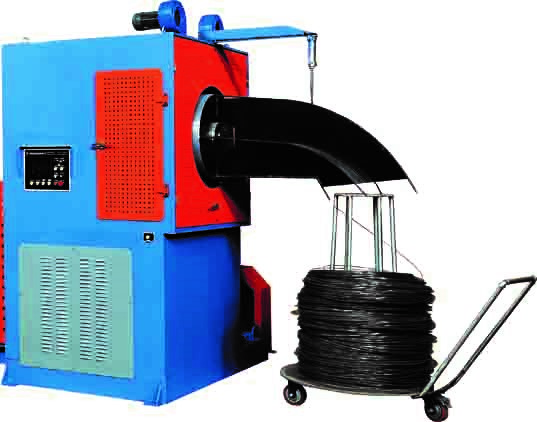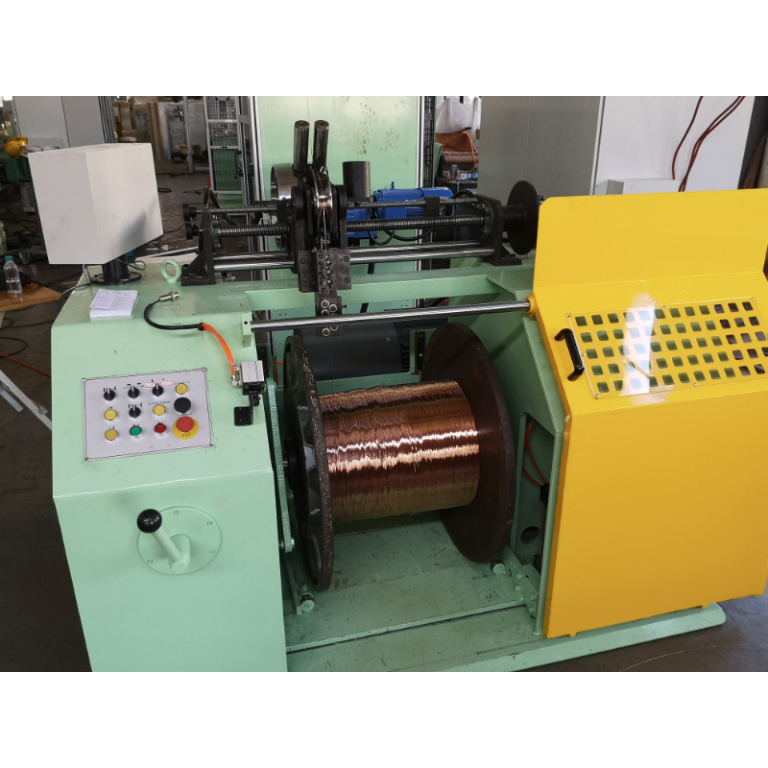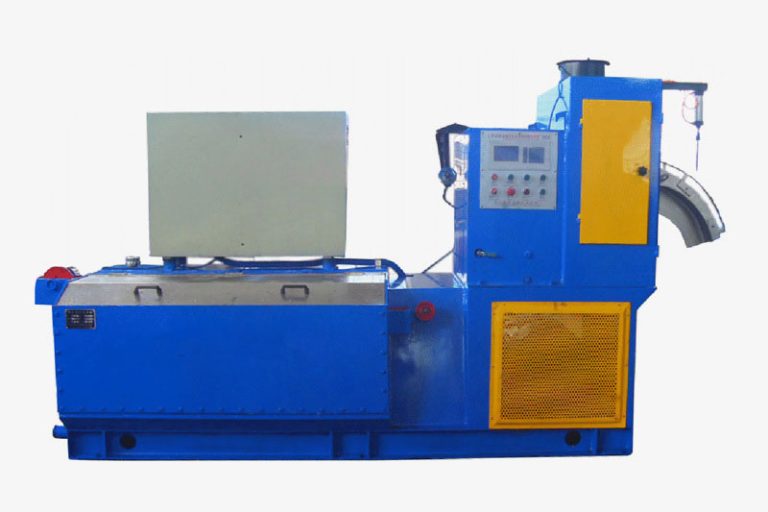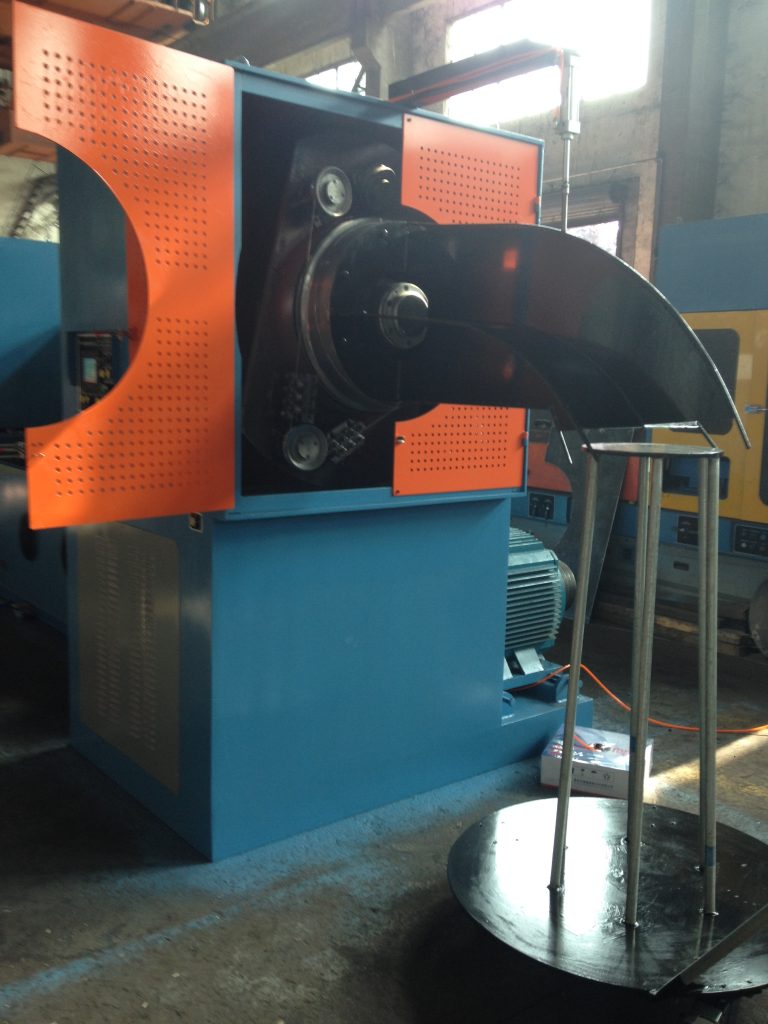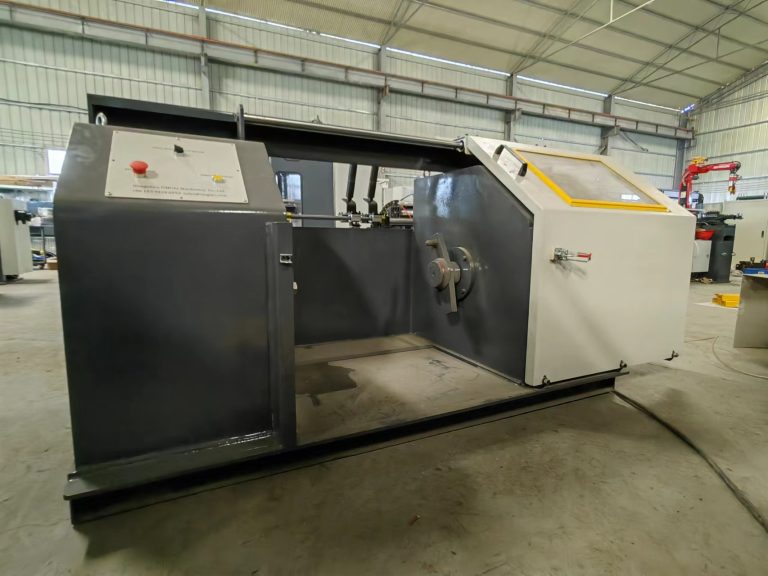Table of Contents
The Importance of Wire Drawing Machine for zinc wire
Fine drawing machine for zinc wire is a popular choice for various applications due to its excellent conductivity and durability. However, one of the main concerns with using copper wire is its susceptibility to corrosion. Corrosion can weaken the wire and compromise its performance, making it essential to take preventive measures to protect the wire from this natural process.
One effective way to enhance the corrosion resistance of copper wire is by applying a zinc coating. Zinc coating, also known as galvanization, involves applying a layer of zinc to the surface of the wire through a process called hot-dip galvanizing. This process creates a barrier between the copper wire and the surrounding environment, preventing moisture and other corrosive elements from coming into contact with the wire.
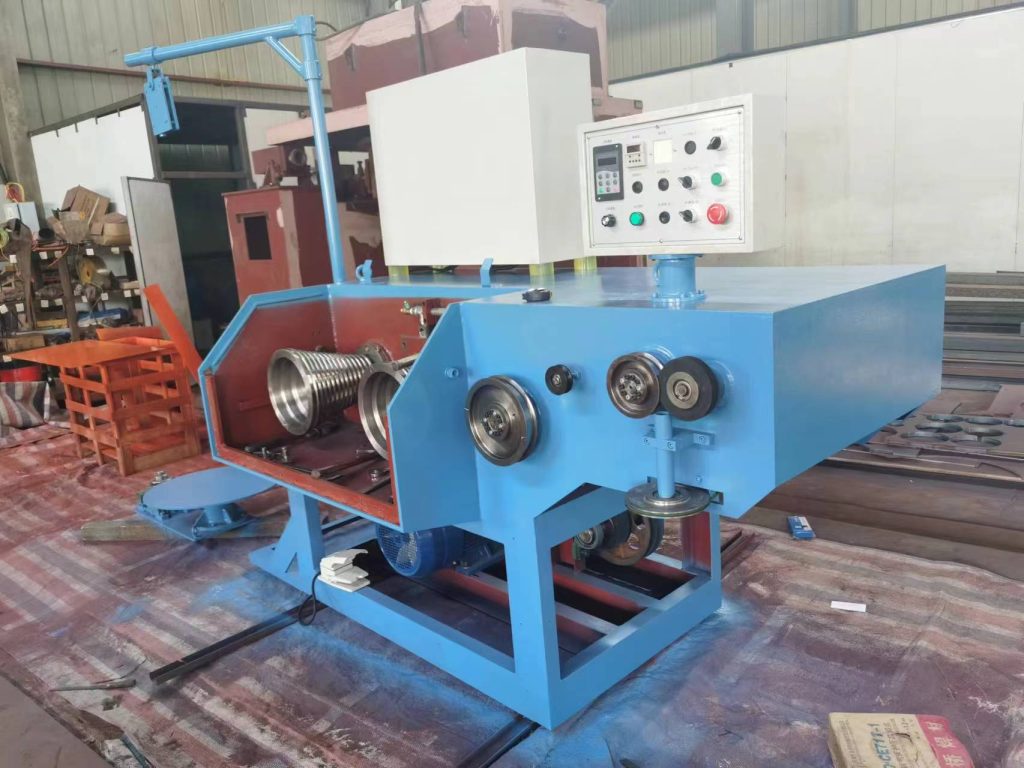
The zinc coating acts as a sacrificial anode, meaning that it corrodes in place of the copper wire when exposed to corrosive elements. This sacrificial protection ensures that the copper wire remains intact and functional for a longer period, even in harsh environments. Additionally, the zinc coating provides an added layer of protection against abrasion and mechanical damage, further extending the lifespan of the wire.
In addition to enhancing corrosion resistance, zinc coating also improves the electrical conductivity of the wire. Zinc is a highly conductive material, and when applied to the surface of the copper wire, it helps to maintain the wire’s electrical performance. This is particularly important in applications where consistent and reliable electrical conductivity is crucial, such as in electrical wiring and power transmission systems.
Furthermore, zinc coating can enhance the aesthetic appeal of copper wire. The shiny, metallic appearance of zinc-coated wire adds a sleek and professional look to the finished product, making it ideal for applications where visual appeal is important. This can be particularly beneficial in architectural and decorative applications where the wire is exposed to view.
Overall, the importance of zinc coating on copper wire for corrosion resistance cannot be overstated. By applying a protective layer of zinc to the surface of the wire, manufacturers can significantly extend the lifespan of the wire and ensure its reliable performance in various applications. The sacrificial anode properties of zinc coating, along with its ability to improve electrical conductivity and enhance aesthetics, make it a valuable addition to copper wire products.
In conclusion, zinc coating plays a crucial role in enhancing the corrosion resistance of copper wire. By providing a protective barrier against moisture and other corrosive elements, zinc coating helps to maintain the integrity and performance of the wire over time. Additionally, zinc coating improves electrical conductivity and adds a visually appealing finish to the wire, making it a versatile and valuable choice for a wide range of applications. Manufacturers and consumers alike can benefit from the many advantages of using zinc-coated copper wire for their projects.
Benefits of Using Copper Wire in Electrical Applications
Copper wire has long been a popular choice for electrical applications due to its excellent conductivity and durability. When combined with zinc to create a copper-zinc alloy wire, the benefits are even greater. This alloy, commonly known as brass wire, offers a range of advantages that make it a preferred option for a variety of electrical projects.
One of the key benefits of using Slip Wire Drawing Machine for Zinc Wire Processing is its superior conductivity. Copper is already known for its high conductivity, but when combined with zinc, the resulting alloy can conduct electricity even more efficiently. This means that less energy is lost as heat during transmission, making copper-zinc wire an ideal choice for applications where energy efficiency is a priority.
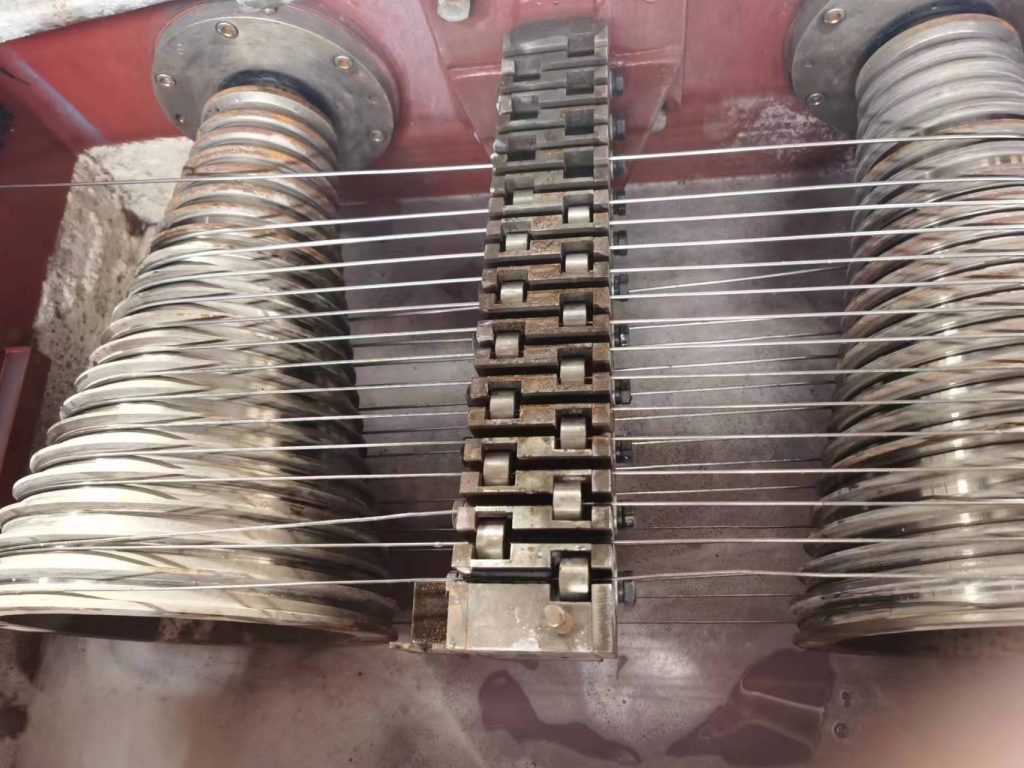
In addition to its conductivity, copper-zinc wire is also highly durable. The alloy is resistant to corrosion, making it suitable for use in outdoor or harsh environments where exposure to moisture or chemicals is a concern. This durability ensures that the wire will maintain its performance over time, reducing the need for frequent maintenance or replacement.
Another advantage of using copper-zinc wire is its versatility. The alloy can be easily shaped and formed into various configurations, making it suitable for a wide range of electrical applications. Whether you need a thin wire for intricate circuitry or a thicker wire for power transmission, copper-zinc wire can be customized to meet your specific requirements.
Furthermore, copper-zinc wire is cost-effective. While copper is a relatively expensive material, the addition of zinc helps to reduce the overall cost of the alloy without sacrificing performance. This makes copper-zinc wire a budget-friendly option for projects where cost is a consideration.
In addition to its technical benefits, copper-zinc wire is also environmentally friendly. Both copper and zinc are recyclable materials, making the alloy a sustainable choice for electrical applications. By using copper-zinc wire, you can reduce your environmental impact and contribute to a more sustainable future.
Overall, the benefits of using copper-zinc wire in electrical applications are clear. From its superior conductivity and durability to its versatility and cost-effectiveness, this alloy offers a range of advantages that make it a preferred choice for a variety of projects. Whether you are working on a small-scale electronics project or a large-scale power transmission system, copper-zinc wire can provide the performance and reliability you need. Consider using this alloy for your next electrical project and experience the benefits for yourself.
